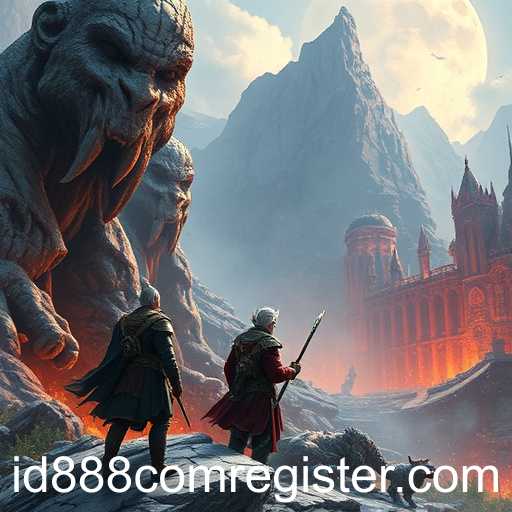Role-playing games (RPGs) have long captivated players with their immersive worlds, compelling storylines, and the freedom they offer in defining one's own journey. Originating in the tabletop arena with classics like Dungeons & Dragons, RPGs have evolved significantly, migrating into digital forms that have expanded their reach and adaptability.
The hallmark of any RPG is its focus on character development and narrative depth. Players often start by creating a character, choosing traits, abilities, and backstories that influence how they interact with the game's world. This aspect of personal choice and character customization is a key element of the genre's enduring appeal. In terms of storytelling, RPGs excel at weaving complex narratives that require players to make decisions affecting the storyline's trajectory and ultimate outcome.
Historically, the move from tabletop to digital opened unprecedented possibilities for RPGs. In the 1980s and 1990s, initiatives like Ultima, Final Fantasy, and The Legend of Zelda became keystones in shaping video game RPGs. These games brought intricate, fantastical worlds to life on screen, enabling singular or multiplayer engagements that pushed the boundaries of what interactive storytelling could achieve.
Modern RPGs leverage advanced technology to offer massive open-world experiences, as seen in acclaimed titles like The Witcher 3 and Skyrim. These games allow for exploration in vast, richly detailed environments, often populated with diverse cultures and hidden lore awaiting discovery. Furthermore, the hybridization within the genre, combining elements of action, strategy, and even survival, has expanded its appeal beyond traditional role-playing paradigms.
User-generated content, downloadable content expansions, and modding communities have also played significant roles in keeping RPGs at the forefront of the gaming industry. By allowing players to add or alter content, games like Fallout and The Elder Scrolls have demonstrated how community involvement can extend a game's life cycle and maintain its relevance over time.
The social aspect of RPGs cannot be ignored either. Multiplayer online RPGs, such as World of Warcraft and Final Fantasy XIV, have created vibrant communities where players collaborate to complete quests, share strategies, and even forge real-life friendships. These games highlight an intrinsic social component, arguably rooted in the genre's collaborative beginnings on tabletop platforms.
In conclusion, the evolution of role-playing games from humble beginnings to diverse digital landscapes reflects a broader trend of innovation in how stories are told and experiences are shared. By marrying complex characters, immersive worlds, and interactive storylines, RPGs have secured their place as a quintessential genre that appeals to the adventurer within us all. Whether experienced as a solitary journey or a shared adventure, RPGs continue to offer diverse narratives and limitless exploration of the human experience.








